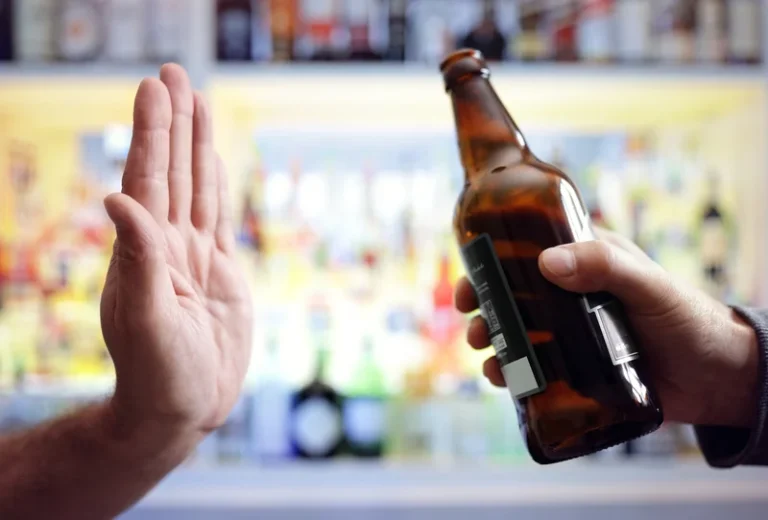
After more analysis of the research, that doesn’t seem to be the case. In general, a healthy diet and physical activity have much greater health benefits than alcohol and have been more extensively studied. In the United States, moderate drinking for healthy adults is different for men and women.
- People who make more than $75,000 a year and are more educated are most likely to binge drink.
- The only sure way to reduce or avoid a hangover is to drink less alcohol.
- But each large glass of wine contains three units of alcohol and drinking six units of alcohol in a short space of time – an hour, say – will raise your blood alcohol concentration (BAC) and can make you drunk very quickly.
- Worse yet, you may be setting yourself up for enduring behavioral problems.
- But both alcoholism and binge drinking can have similar health consequences.
Health effects
- Long-term damage from heavy alcohol use isn’t limited to people with alcohol use disorder.
- Reassure yourself that speaking up is a compassionate gesture.
- In fact, throughout most of our history, alcohol has been a lifesaver, killing the ubiquitous pathogens in ordinary water.
- It might seem convenient when you have company over, but it also makes it easier to reach for multiple drinks while you’re alone.
Drinking too much in a short period of time can reduce your heart rate, breathing, and body temperature. When you hear the term “binge drinking,” you may picture underage drinking at high school or wild college parties. Some research even shows that the habit is increasing among older adults.
- If you binge drink, you are putting your health at risk even if you’re drinking less than 14 units per week in total (as advised by the Chief Medical Officers’ low risk drinking guidelines).
- Some options may include finding replacement activities or seeking professional help.
- It often stems from a combination of social, psychological, and environmental factors, such as peer pressure, stress, and the normalization of excessive alcohol consumption.
- Perhaps you’re worried that they’ll think less of you if you don’t drink more.
- In social situations where drinking is encouraged, you can give your loved one reasons to practice self-control.
- Be honest with yourself about whether binge drinking is a concern for you.
- It is diagnosed based on specific criteria outlined in the Diagnostic and Statistical Manual of Mental Disorders (DSM-5).
Health Conditions

I meant Irish people.” So, perhaps an Irish study of bingeing isn’t totally inappropriate. Excessive alcohol use is a term used to describe four ways that people drink alcohol that can negatively impact health. By Sarah Bence, OTR/LBence is an occupational therapist with a range of work experience in mental healthcare settings. While drinking alcohol is normalized socially and is legal above the age of 21 in the United States, it can still have harmful impacts on the body.
Signs that you may be binge drinking include:
Or perhaps you later feel shame and embarrassment about things you said and did while under the influence. You might wake up with questions like, “Did I do something stupid to endanger my loved ones? ” These lapses in memory only add to the overall hangover and sense of dread you experience the next day. If your alcohol use is causing trouble for you at work, at home, in social situations, or at school, it’s a problem. The good news is that binge drinking can be prevented by adjusting your habits and being more intentional when you pour yourself a drink.

How Common Is Binge Drinking?
Alcohol use binge drinking effects continues to take up more of your time and energy, impacting your physical and mental health until you need to take serious steps to address your drinking problem. You might also worry about whether alcohol is causing permanent damage to your brain or heart health. If your excessive alcohol use is a recurring issue, you might admonish yourself for your poor self-control or even develop a sense of self-loathing. Researchers blame this kind of heavy drinking for more than half of the roughly 88,000 alcohol-related deaths — from car crashes, alcohol poisoning, suicide, and violence — that happen every year. There are several options available for people who currently binge drink. These may help them gain control of their drinking habits or even stop drinking altogether.

